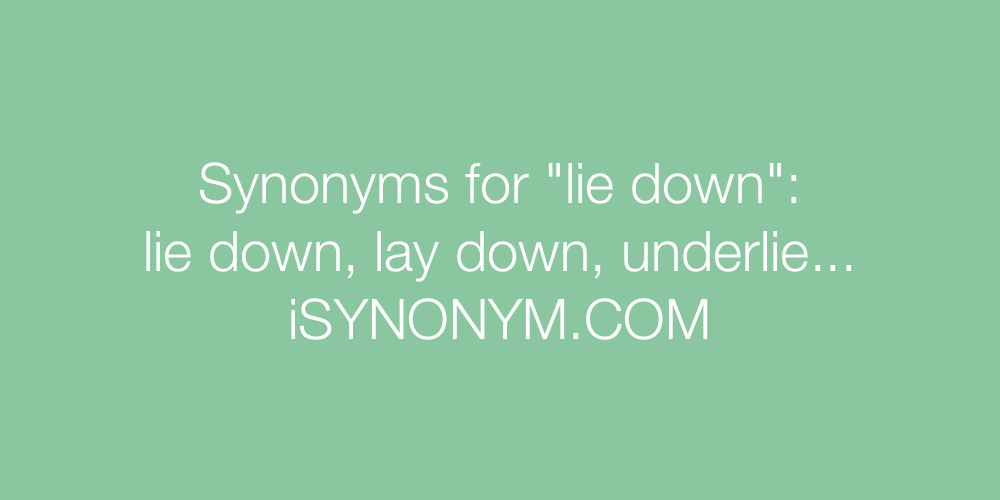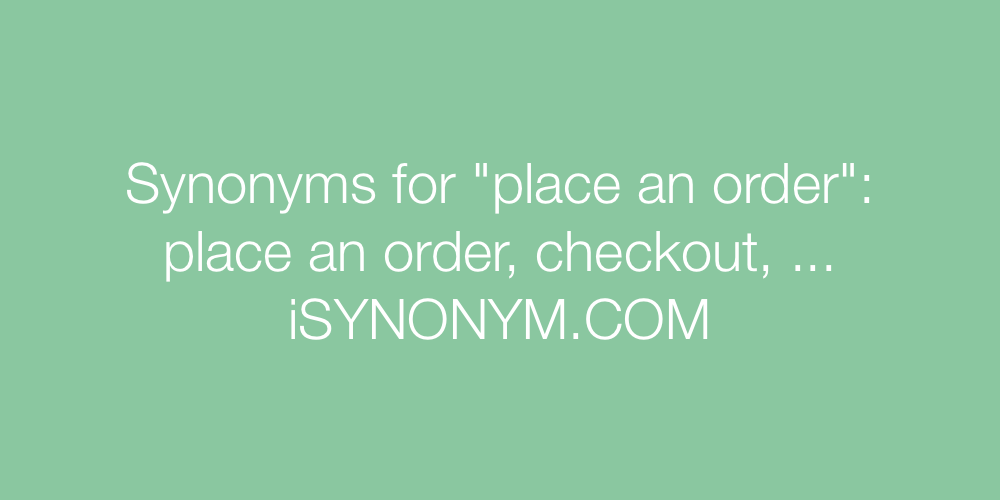

Khmer: please add this translation if you can.French: paix (fr) f, repos (fr) m, ( literary ) quiétude (fr) f.Finnish: rauha (fi), tyyneys (fi), rauhallisuus (fi).Spanish: descanso (es) m, reposo (es) m, holganza (es) f.Portuguese: descanso (pt) m, repouso (pt) m.Galician: descanso m, repouso m, asueto m, folga (gl) f.Finnish: tauko (fi), paussi (fi), lepotauko (fi).Uzbek: dam (uz), istirohat (uz), olmoq (uz).Scottish Gaelic: anail f, fois f, tàmh m.Portuguese: repouso (pt) m, descanso (pt) m.Latgalian: atpyuta, pyusšonuos, romonys.Gujarati: please add this translation if you can.

Dutch: nachtrust (nl), rust (nl) m or f.( uncountable, of a person or animal ) Relief from work or activity by sleeping sleep.Rest ( countable and uncountable, plural rests) Cognate with West Frisian rêst ( “ rest ” ), Dutch rust ( “ rest ” ), German Rast ( “ rest ” ), Swedish rast ( “ rest ” ), Norwegian rest ( “ rest ” ), Icelandic röst ( “ rest ” ), Old Irish árus ( “ dwelling ” ), German Ruhe ( “ calm ” ), Albanian resht ( “ to stop, pause ” ), Welsh araf ( “ quiet, calm, gentle ” ), Lithuanian rovà ( “ calm ” ), Ancient Greek ἐρωή ( erōḗ, “ rest, respite ” ), Avestan 𐬀𐬌𐬭𐬌𐬨𐬈 ( a irime, “ calm, peaceful ” ), Sanskrit रमते ( rámate, “ he stays still, calms down ” ), Gothic 𐍂𐌹𐌼𐌹𐍃 ( rimis, “ tranquility ” ). The folders have laid on the desk since yesterday.From Middle English rest, reste, from Old English ræst, from Proto-West Germanic *rastu, from Proto-Germanic *rastō, from Proto-Indo-European *ros-, *res-, *erH- ( “ rest ” ). Abandoned cars were laying along the road. Substitution of forms of lay for those of lie occur in all but the most formal speech and writing, but constructions like the following are generally considered incorrect: Can you lay down? The dog laid in the shade. The folders have lain on the desk since yesterday.

Abandoned cars were lying along the road. Its forms are irregular its past tense form is identical with the present tense or infinitive form of lay: Lie down, children. ― lie, with the overall senses “to be in a horizontal position, recline” and “to rest, remain, be situated, etc.,” is intransitive and takes no object. lay also has several intransitive senses, among them “to lay eggs” ( The hens have stopped laying), and it forms many phrasal verbs, such as lay off. If “place” or “put” can be substituted in a sentence, a form of lay is called for: Lay the folders on the desk. lay is most commonly a transitive verb and takes an object. The phrasal verb lay for and the nautical use of lay, as in lay at anchor, though intransitive, are standard. There are a few exceptions to these rules.I was lying (not laying) in bed when he called. The rubbish had lain (not laid) there a week.

When I lay (not laid) down, I fell asleep. Lie and its principal parts ( lay, lain, lying) are correctly used in the following examples: She often lies (not lays) down after lunch. Lie is an intransitive verb and cannot take an object. Lay and its principal parts ( laid, laying) are correctly used in the following examples: He laid (not lay) the newspaper on the table. Lay is a transitive verb and takes a direct object.


 0 kommentar(er)
0 kommentar(er)
